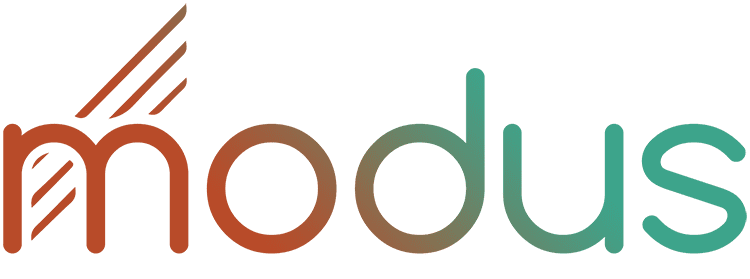The business advice industry is built on selling false hope to desperate entrepreneurs. Generic frameworks, one-size-fits-all solutions, and motivational platitudes that ignore the messy reality of building something meaningful.
I’ve spent the last decade watching small business owners get burned by consultants who promise transformation but deliver templated garbage. Here’s why most business advice fails, and what actually works instead.
The Problem with Generic Solutions
Walk into any business bookstore and you’ll find hundreds of books promising the “secret formula” for success. Seven habits, four-hour work weeks, lean startups – all packaged as universal truths that supposedly work for everyone.
The reality? Your ice carving business in Detroit has different needs than a SaaS startup in San Francisco. Your values, constraints, market, and goals are unique. Cookie-cutter advice can’t possibly address your specific situation.
The Truth About Business Advice
Most business advice is written by people who made money writing about business, not by running successful businesses. They optimize for book sales, not business results.
What Actually Works
Here’s what we’ve learned from working with hundreds of purpose-driven businesses:
1. Start with Your Values, Not Your Goals
Before you can build an effective strategy, you need to know what you stand for. Not what sounds good in a mission statement, but what you’re actually willing to sacrifice for.
- What trade-offs are you willing to make?
- What kind of business would make you proud to run?
- How do you define success beyond just revenue numbers?
“Strategy without values is just tactics. Values without strategy is just wishful thinking.” – How we think about business planning
2. Focus on Systems, Not Hacks
Growth hacks and shortcuts make for great headlines, but sustainable businesses are built on boring systems that work reliably over time.
Instead of chasing the latest marketing trend, build processes that can scale with your values intact. Document what works, iterate on what doesn’t, and create frameworks that new team members can follow.
3. Measure What Matters to Your Mission
Most businesses track vanity metrics that make them feel good but don’t drive real outcomes. Revenue, followers, page views – these numbers can grow while your actual impact shrinks.
Better questions to ask:
- Are we creating genuine value for our customers?
- Are our employees growing and thriving?
- Is our work contributing to the kind of world we want to live in?
The Modus Approach
This is why we built Modus differently. Instead of selling generic frameworks, we spend time understanding your specific situation. Your industry, your constraints, your team, your values.
We don’t have a one-size-fits-all methodology because we don’t believe one exists. What we have is a commitment to understanding your unique context and building solutions that actually fit.
Our Promise
We’ll never sell you something that worked for someone else and hope it works for you. Everything we recommend is custom-built for your specific situation and values.
What This Means for You
Stop looking for universal solutions to unique problems. Stop buying courses that promise to solve everything with a simple framework. Stop following advice from people who’ve never run a business like yours.
Instead:
- Get clear on your values first. What are you actually trying to build?
- Find advisors who understand your context. Industry experience matters.
- Build systems, not shortcuts. Sustainable growth takes time.
- Measure impact, not just income. Success means different things to different people.
The business advice industry wants you to believe there’s a magic formula. There isn’t. But there is something better: thoughtful strategy built on a foundation of clear values and deep understanding of your specific situation.
That’s not as sexy as a seven-step framework, but it’s what actually works.

Strategic Consulting & Operations
Alex brings strategic finance expertise and a systems-thinking approach to business transformation. He specializes in FP&A, debt strategy, and integrating financial variables with operational realities. His background in consulting helps businesses align their money decisions with their mission.
